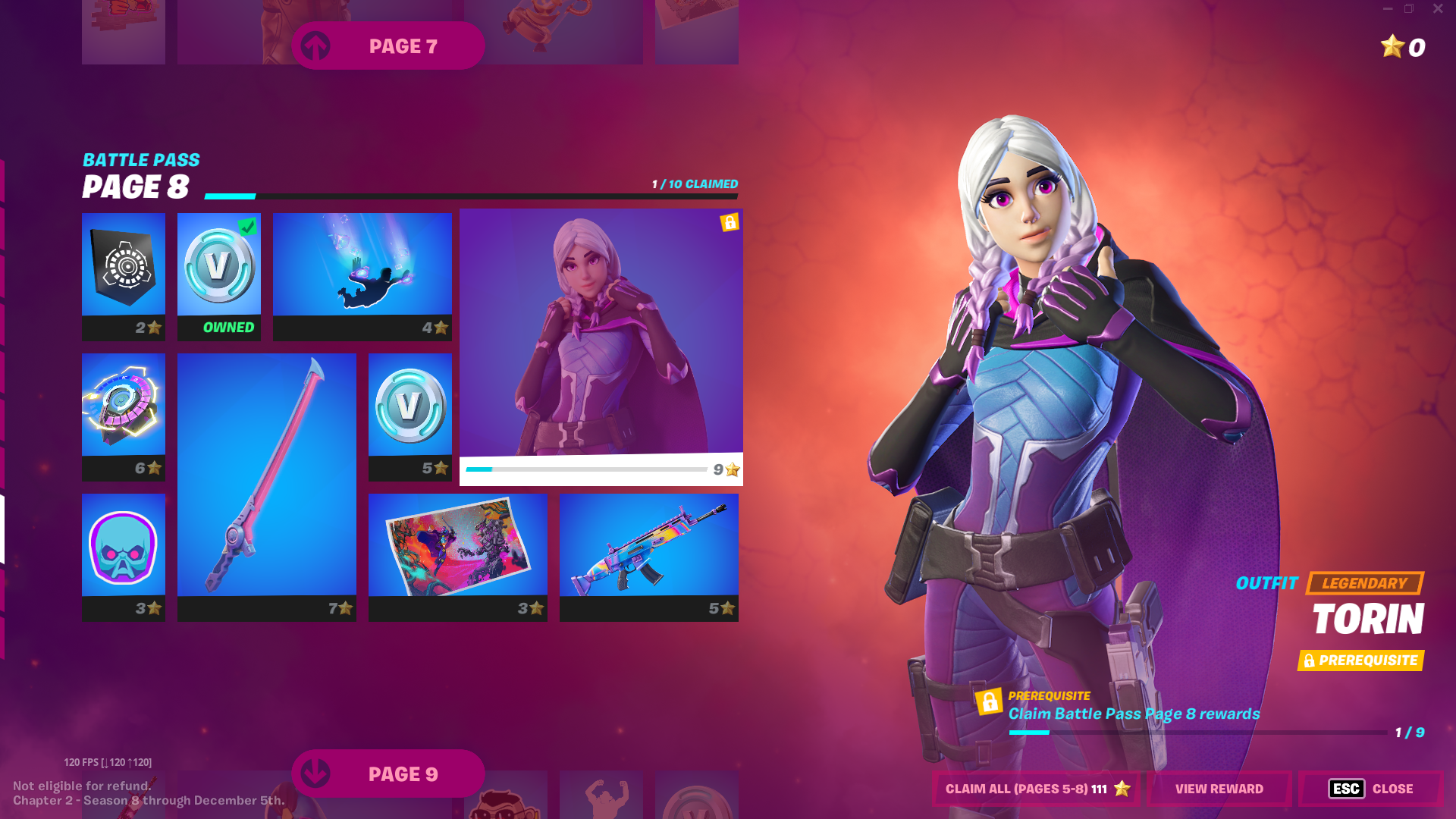
Overwatch 2's director has addressed fans' balance criticisms, explaining that: "It's easy from the outside to look in and put this narrative on it."
In an interview with GamesRadar+, Aaron Keller, Overwatch 2's director, discussed how the development team at Blizzard handles balance among its heroes in the FPS game. "It's a value for the Overwatch design and balance team to do our best to balance the game for every skill set for people all across the skill spectrum," Keller explains, adding "we actually meet weekly and talk about the balance in the game."
"A lot of times, we'll get critiques from lower ranked players that we listen to feedback only from high ranked players," the director continues. "And a lot of times we'll get critiques from high ranked players that we're just balancing the game around casuals. [...] So I think it's easy from the outside to look in and put this narrative on it."
Further elaborating on this, Keller explains that with the tools the team at Blizzard has, they're able to "break out the balance per hero, per game mode, per map by the rank of the players that are in them." With this, the developer says, the team can go through rank by rank and look at every hero there.
"And it's true that there are some heroes that might be more effective in the in the hands of someone that has like really high aim skill," Keller also reveals, "but Overwatch isn't a game just about aim skill. It's a game about positioning and game sense and teamwork and strategy."
With this in mind, Keller tells us that the team likes to "balance around all of that" and, when they can, "find ways to make heroes that are very useful at every rank in the game." The Overwatch 2 director also told us that this can sometimes be "really difficult," for instance, Keller adds: "We have heroes in the roster that we haven't quite been able to solve, as far as making them really effective at high ranks."
Using one of Overwatch 2's heroes, Bastion, as an example, Keller says they can be "very effective" at low ranks but can "feel oppressive" and therefore "isn't used much at the higher ranks." Keller also adds that "it's definitely a balancing act, but we don't have a preference there."









_title.png)

























